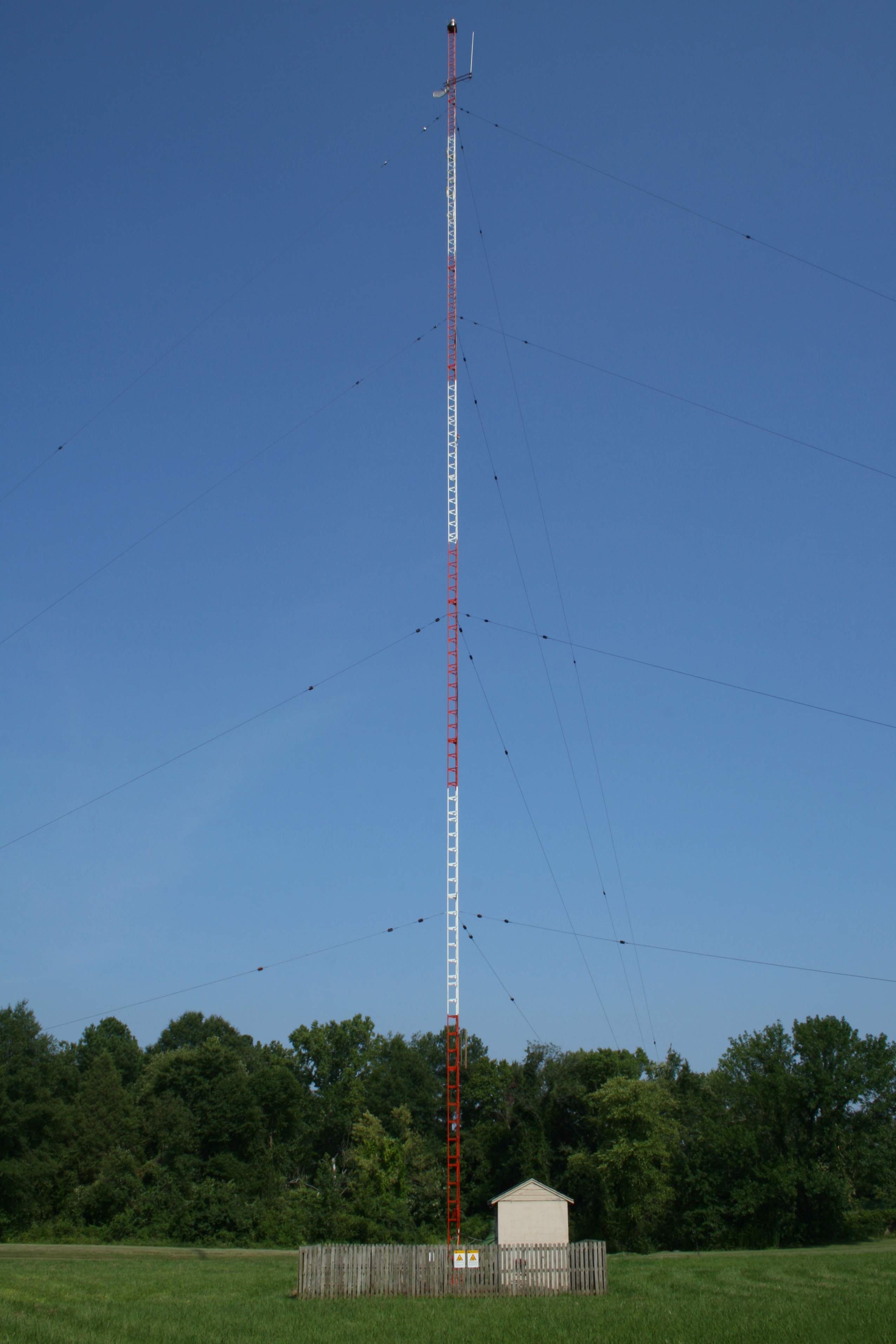|
BBC Light Programme
The BBC Light Programme was a national radio station which broadcast chiefly mainstream light entertainment and light music from 1945 until 1967, when it was replaced by BBC Radio 1 and BBC Radio 2. It opened on 29 July 1945, taking over the long wave frequency which had earlier been used – prior to the outbreak of the Second World War on 1 September 1939 – by the BBC National Programme. The service was intended as a domestic replacement for the wartime BBC General Forces Programme which had gained many civilian listeners in Britain as well as members of the British Armed Forces. History The long wave signal on 200 kHz / 1500 metres was transmitted from Droitwich in the English Midlands (as it still is today for BBC Radio 4, although adjusted slightly to 198 kHz / 1515 metres from 1 February 1988) and gave fairly good coverage of most of the United Kingdom, although a number of low-power medium wave transmitters (using 1215 kHz / 247 metres) were ... [...More Info...] [...Related Items...] OR: [Wikipedia] [Google] [Baidu] |
Broadcasting House
London Broadcasting House is the headquarters of the BBC, in Portland Place and Langham Place, London. The first radio broadcast from the building was made on 15 March 1932, and the building was officially opened two months later, on 15 May. The main building is in Art Deco style, with a facing of Portland stone over a steel frame. It is a Listed building, Grade II* listed building and includes the BBC Radio Theatre, where music and speech programmes are recorded in front of a studio audience. As part of a major consolidation of the BBC's property portfolio in London, Broadcasting House has been extensively renovated and extended. This involved the demolition of post-war extensions on the eastern side of the building, replaced by a new wing completed in 2005. The wing was named the "John Peel Wing" in 2012, after the disc jockey. BBC London, BBC News Arabic, BBC Arabic Television and BBC Persian Television are housed in the new wing, which also contains the reception area for B ... [...More Info...] [...Related Items...] OR: [Wikipedia] [Google] [Baidu] |
Medium Wave
Medium wave (MW) is a part of the medium frequency (MF) radio band used mainly for AM radio broadcasting. The spectrum provides about 120 channels with more limited sound quality than FM stations on the FM broadcast band. During the daytime, reception is usually limited to more local stations, though this is dependent on the signal conditions and quality of radio receiver used. Improved signal propagation at night allows the reception of much longer distance signals (within a range of about 2,000 km or 1,200 miles). This can cause increased interference because on most channels multiple transmitters operate simultaneously worldwide. In addition, amplitude modulation (AM) is often more prone to interference by various electronic devices, especially power supplies and computers. Strong transmitters cover larger areas than on the FM broadcast band but require more energy and longer antennas. Digital modes are possible but had not yet reached momentum. MW was the main radio b ... [...More Info...] [...Related Items...] OR: [Wikipedia] [Google] [Baidu] |
Al Read
Alfred Read (3 March 1909 – 9 September 1987) was a British radio comedian active throughout the 1950s and 1960s. Originally a businessman, he has been described as highly influential on British comedy. Early life Read was born in Broughton, Salford, Lancashire. On leaving school he worked at the family meat-processing firm, E. and H. Read Ltd, initially as a salesman before becoming a director in his early 20s. He always wanted to perform - on one occasion, when he was 18, he performed impressions of Maurice Chevalier in clubs in Bolton before being found by his father and having to return to work as a meat-products salesman. After his father died he started running the family business while continuing to take opportunities to entertain at local dinners and in clubs. [...More Info...] [...Related Items...] OR: [Wikipedia] [Google] [Baidu] |
